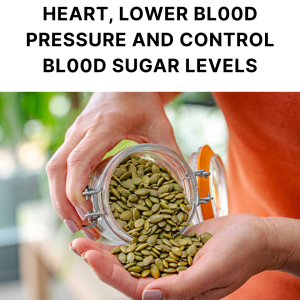
SPAM, the iconic canned meat from Hormel Foods, has been a familiar presence in kitchens since 1937.
Valued for its convenience, long shelf life, and versatility, it has a particularly strong following in the U.S., Hawaii, and parts of Asia. While many enjoy it as a nostalgic comfort food, its health implications for older adults warrant a closer look.
Nutritional Snapshot
A standard 2-ounce serving of classic SPAM delivers roughly 180 calories, 7 grams of protein, 16 grams of fat (6 grams of which are saturated), and about 790 milligrams of sodium. While it does provide some protein, the high sodium and saturated fat levels can be concerning for seniors.

Sodium Sensitivity in Older Adults
As we age, our bodies often become more sensitive to sodium. Consuming too much can raise blood pressure, place extra strain on the heart and kidneys, and cause fluid retention. Given that the American Heart Association recommends limiting daily sodium intake to 1,500–2,300 milligrams, just one serving of SPAM takes up a large portion of that limit.
Saturated Fat and Cardiovascular Risk
SPAM’s saturated fat content can pose challenges, especially for seniors with elevated cholesterol or pre-existing heart conditions. Diets high in saturated fats are linked to higher LDL cholesterol, which increases the risk of heart disease and stroke.

Other Health Factors to Consider
Because SPAM is a processed meat, regular consumption has been associated with a higher risk of certain cancers, particularly colorectal cancer. It also lacks the fiber, vitamins, and minerals that aging bodies need for optimal health. In addition, its high fat and salt content may cause digestive discomfort for some older adults.
Finding Balance and Better Alternatives
Enjoying SPAM occasionally isn’t necessarily harmful, but portion control is important. Lower-sodium varieties, smaller servings, and pairing it with nutrient-rich foods like vegetables and whole grains can help reduce health risks. For a more balanced diet, seniors might consider alternatives such as canned tuna, skinless chicken breast, or plant-based proteins, which offer better nutrition without losing convenience.




